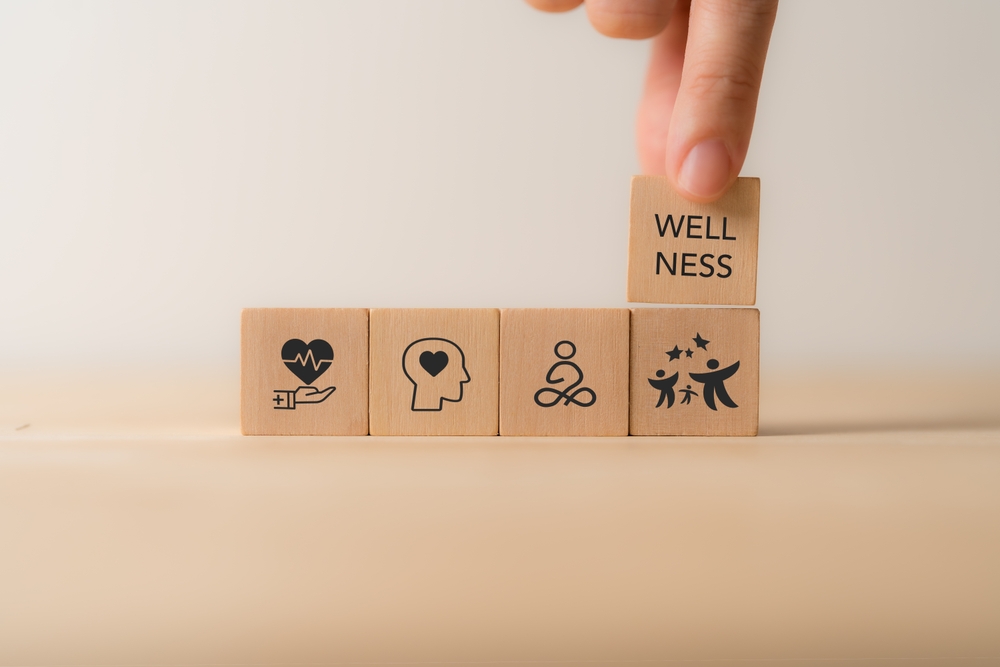Mental health is a deeply personal and sensitive journey. Recognizing the early signs of mental illness can help individuals or their loved ones seek timely support and care. While these signs may vary from person to person, early understanding can make a meaningful difference in someone’s emotional well-being.
Why Early Detection Matters
Mental illness often develops gradually. Just as we pay attention to early physical symptoms of illness, noticing changes in emotional or behavioral patterns can help prevent the condition from worsening.
With early support, many individuals can learn to manage their mental health effectively. Whether you are concerned about yourself or someone close to you, awareness is a powerful first step.
Common Early Signs of Mental Illness
Emotional Changes
Subtle shifts in how a person feels or expresses emotions can be one of the first indicators of a mental health concern. Look out for:
- Ongoing sadness, hopelessness, or emptiness
- Intense irritability, anger, or mood swings
- Unusual fear or anxiety
- Withdrawal from loved ones or previously enjoyed activities
Behavioral Changes
Daily habits and routines can reflect our mental state. Early behavioral signs may include:
- Sleeping too much or too little
- Noticeable changes in appetite
- Neglect of personal hygiene
- Difficulty concentrating or making decisions
- Increased use of substances like alcohol or drugs
Cognitive and Physical Signs
Mental health issues can also affect how we think and how our body feels:
- Persistent fatigue or low energy
- Difficulty remembering things
- Feeling disconnected or confused
- Unexplained aches, pains, or physical complaints
Early Warning Signs in Young People
Adolescents and young adults may show signs differently from adults. Watch for:
- Changes in academic performance
- Isolation from friends or social groups
- Reckless behavior or risk-taking
- Constant worry or restlessness
It’s important to approach young individuals with kindness and patience. They may not always understand or be able to express what they’re going through.
How to Support Someone Showing Early Signs
If you notice these changes in someone you care about, consider these gentle approaches:
- Listen without judgment: Offer a safe space for them to talk.
- Encourage open dialogue: Let them know you’re available to support, not to diagnose.
- Avoid assumptions: Everyone’s journey is unique.
- Guide toward professional help: Suggest speaking with a counselor or mental health professional.
You can also connect them with compassionate platforms like Curotiva, where trained listeners and resources are available for emotional support.

Seeking Help Without Shame
In many parts of the world, including India, stigma around mental health still exists. But mental illness is not a weakness—it’s a health condition that deserves care and respect.
Here are two trusted mental health resources in India:
- AASRA: A Mumbai-based organization offering 24/7 helpline support for emotional distress.
- Mann Talks: Provides accessible mental health support and awareness through counseling and campaigns.
Remember, there is no shame in asking for help. It’s a brave and meaningful step toward healing.
Creating a Culture of Awareness and Support
Recognizing early signs isn’t just about prevention—it’s about creating a culture of compassion. Whether it’s a friend who’s been unusually quiet or a coworker who seems more withdrawn, small acts of support can make a big difference.
A gentle check-in, a kind word, or sharing helpful resources can open the door to healing. If you or someone you know is experiencing emotional challenges, reach out. The team at Curotiva is here to listen and support—always with care and understanding.
Learn more about mental health through our related content, designed to support your journey toward understanding and healing.
Understanding the Different Types of Mental Disorders
Recognizing the Symptoms of Mental Illness: A Guide to Early Awareness

